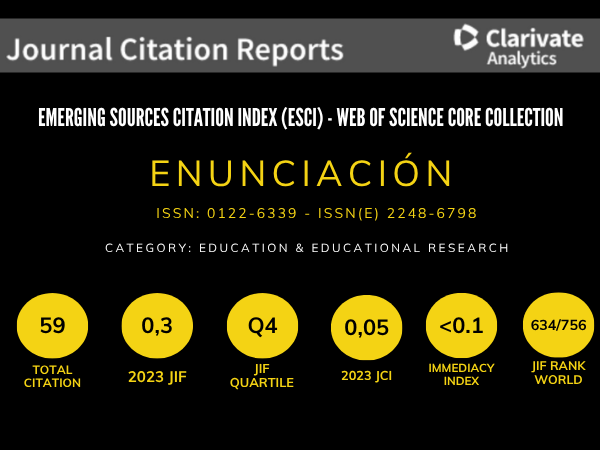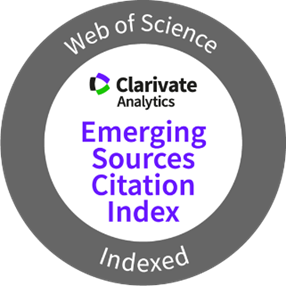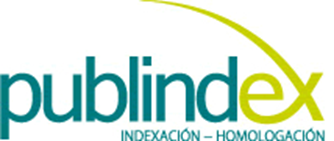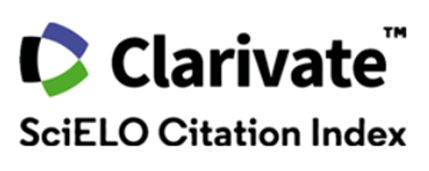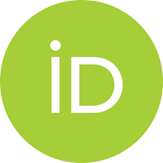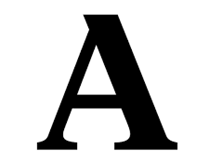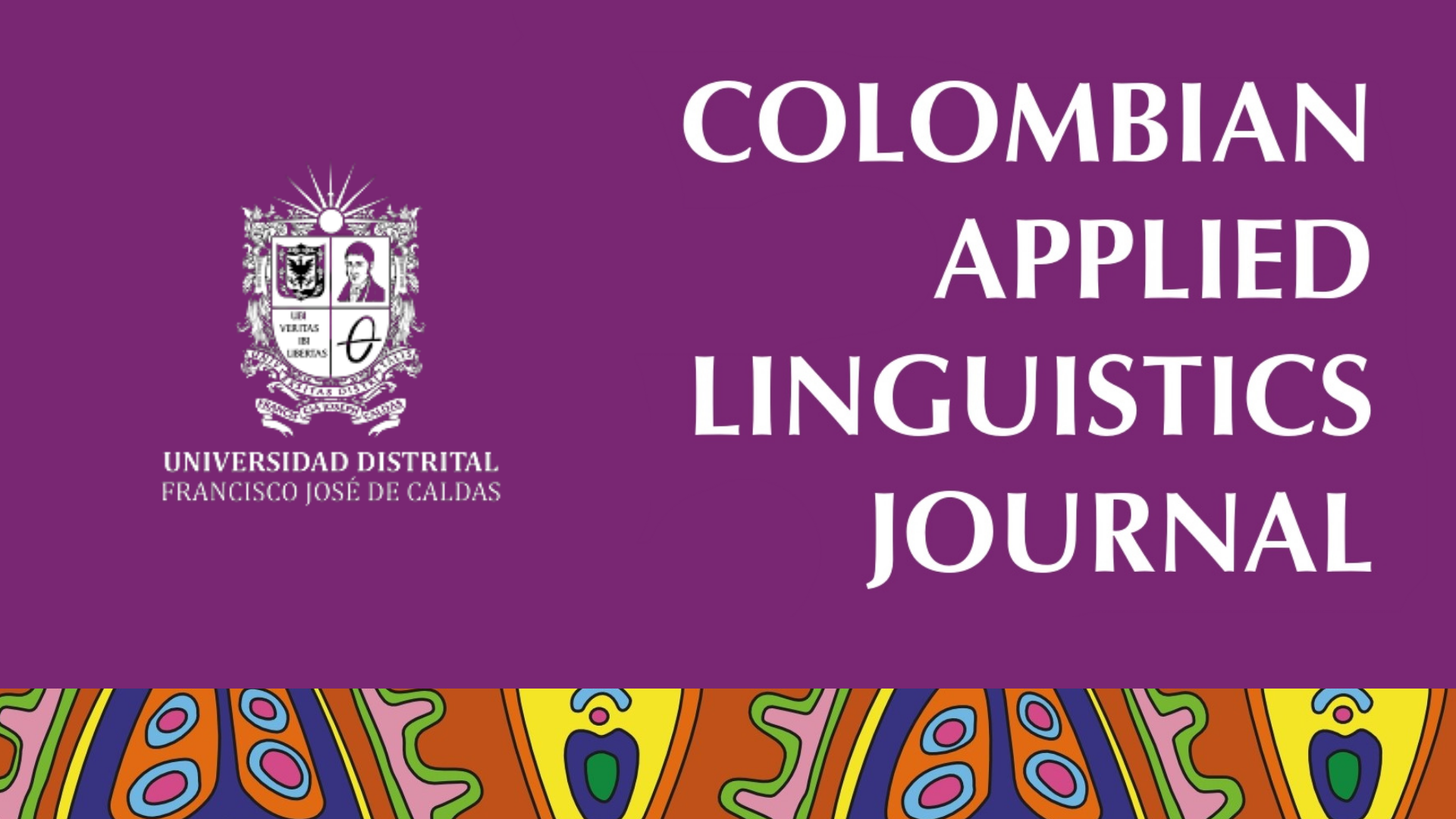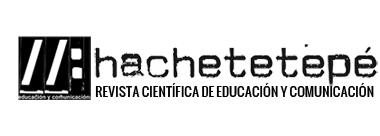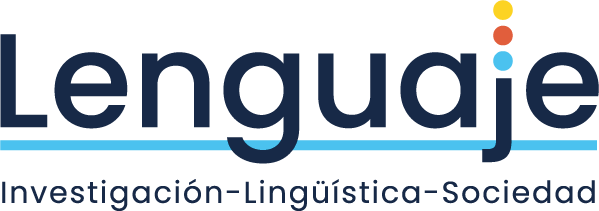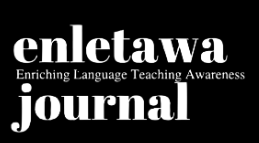DOI:
https://doi.org/10.14483/22486798.462Publicado:
01-01-2005Número:
Vol. 10 Núm. 1 (2005): Sobre las competenciasSección:
Autor invitadoHabilidades cognitivas y competencias sociales
Palabras clave:
habilidades cognitivas, competencias sociales (es).Resumen (es)
.
Referencias
Brown, A. L. y Campione, J. C. Psychological theory and the study oflearning disabilities, American Psychologist, 41, 1986.
Brown, A. L, y Ferrara, R. A. Diagnosing zones of proximal development, en Wertsch, J. (Ed.), Culture, communication and cognition: Vygotskian perspectives, Cambridge University Press, 1985.
Campione, J. C. y Brown, A. L. Linking dynamic assessment with school achievement, en Lidz, C.S. (Ed.), Dynamic Assessment, Guilford Press, New York, 1987.
Frederiksen, N., Mislevy, R. J. y Bejar, I. I. (Eds.). Test Theory for a New Generation of Tests, LEA, NewJersey, 1993.
Frederiksen, J. R., Warren, B. M. y Rosenberg, A. S. A cómponential approach to training reading skills: Part 1, Perceptual to training units training. Part 2, Decoding and use of context. Cognition and Instruction, No. 2, 1985.
Gagné, E. D., Yekovich, C. W. y Yekovich, F. R. The Cognitive Psychology of School Learning. Harper Collins, 1993.
Guilford, J. P Three faces of intellect, en Jackson, D. N. y Messick, S. (Eds.). Problems in human assessment, McGraw Hill, New York, 1967.
Guttman, L. A. Psychological design for a theory of mental abilities, en Jackson, D. N. y Messick, S. (Eds.), Problems in human assessment, McGraw Hill, New York, 1967.
Haertel, E. H. y Wiley, D. E. Representations of ability structures: Implications for testing, en Frederiksen, N. et al. (Eds.), Test Theory for a New Generation of Tests, LEA, NewJersey, 1993.
Hunt, E. Cognitive research and future test design, en Freernan, E. E. (Ed.), The redesign oftestingfor the 21st century, Princeton, NewJersey, ETC, 1985.
Jackson, D. N. y Messick, S. (Eds.). Problems in human assessment. McGraw-Hill Book Co., New York, 1967.
Journal of Educational Measurement, Vol. 21, No. 4, 1984; Vol. 26, No. 1, 1989; Vol. 30, Nos. 1 y 3,1995.
Lohman, D. F. Human intelligence: an introduction to advances in theory and research, Review of Educational Research, No. 59, 1989.
Lohman, D. F. Spatial abilities as traits, processes and knowledge, en Sternberg, R. J. (Ed.) Advances in the psychology of human intelligence. Hillsdale, New Jersey, 1988.
Messick, S. J. Validity, en Linn, R. L., Educational measurements, McMillan, New York, 1989.
Mislevy, R. J. Foundations of a new test theory, in Frederiksen, N. et al. (Eds.), Test Theory for a New Generation of Tests, LEA, NewJersey, 1993.
Rayen, J. y Varley, T. Some classrooms and their effects: A study of the feasibility of measuring some of the broader outcomes of education. Collected Original Resources in Educational, Vol. 8, No.1, 1984.
Rayen, John. Competence in modern society. H. K. Lewis, London, 1984.
Rayen, John. Education, Values and Sociel H. K. Lewis, London, 1977.
Rayen, John. The relationship between educational institutions and society, with particular reference to the role of assessment. International Revíew of Applied Psychology,32.
Rayen, John. Snow, R. E. y Lohman, D. F. Cognitive psychology, new test design and new test theory: An introduction, in Frederiksen, N. et al. (Eds.) , Test Theory for a New Generation ofTests, LEA, NewJersey, 1993.
Cómo citar
APA
ACM
ACS
ABNT
Chicago
Harvard
IEEE
MLA
Turabian
Vancouver
Descargar cita
Licencia
La revista Enunciación es una publicación de acceso abierto, sin cargos económicos para autores ni lectores. A partir del 1 de enero de 2021 los contenidos de la revista se publican bajo los términos de la Licencia Creative Commons Atribución – No comercial – Compartir igual (CC-BY-NC-SA 4.0 CO), bajo la cual otros podrán distribuir, remezclar, retocar, y crear a partir de la obra de modo no comercial, siempre y cuando den crédito y licencien sus nuevas creaciones bajo las mismas condiciones.
El titular de los derechos de autor es la revista Enunciación, conservando todos los derechos sin restricciones, respetando los términos de la licencia en cuanto a la consulta, descarga y distribución del material.
Cuando la obra o alguno de sus elementos se hallen en el dominio público según la ley vigente aplicable, esta situación no quedará afectada por la licencia.
Asimismo, incentivamos a los autores a depositar sus contribuciones en otros repositorios institucionales y temáticos, con la certeza de que la cultura y el conocimiento es un bien de todos y para todos.











